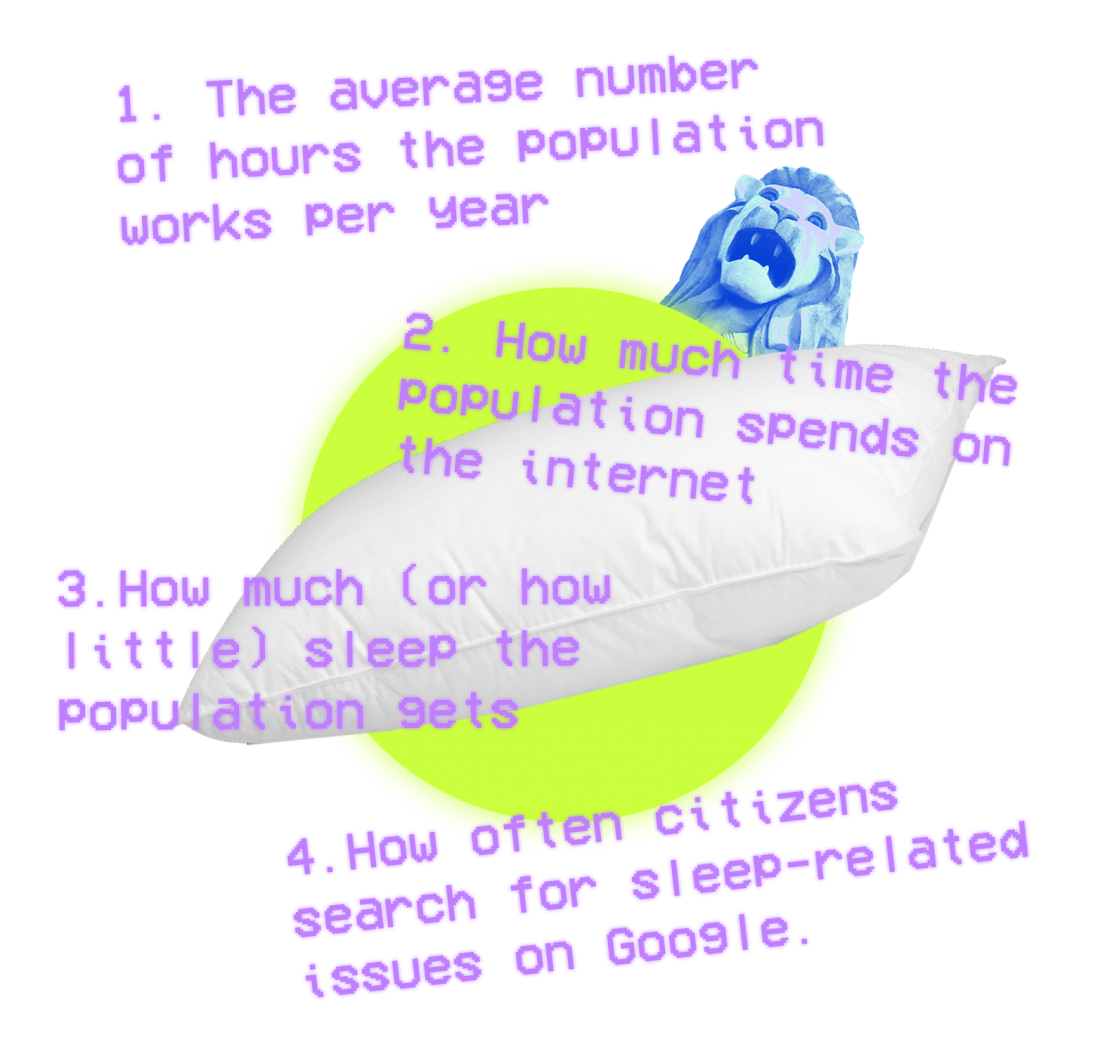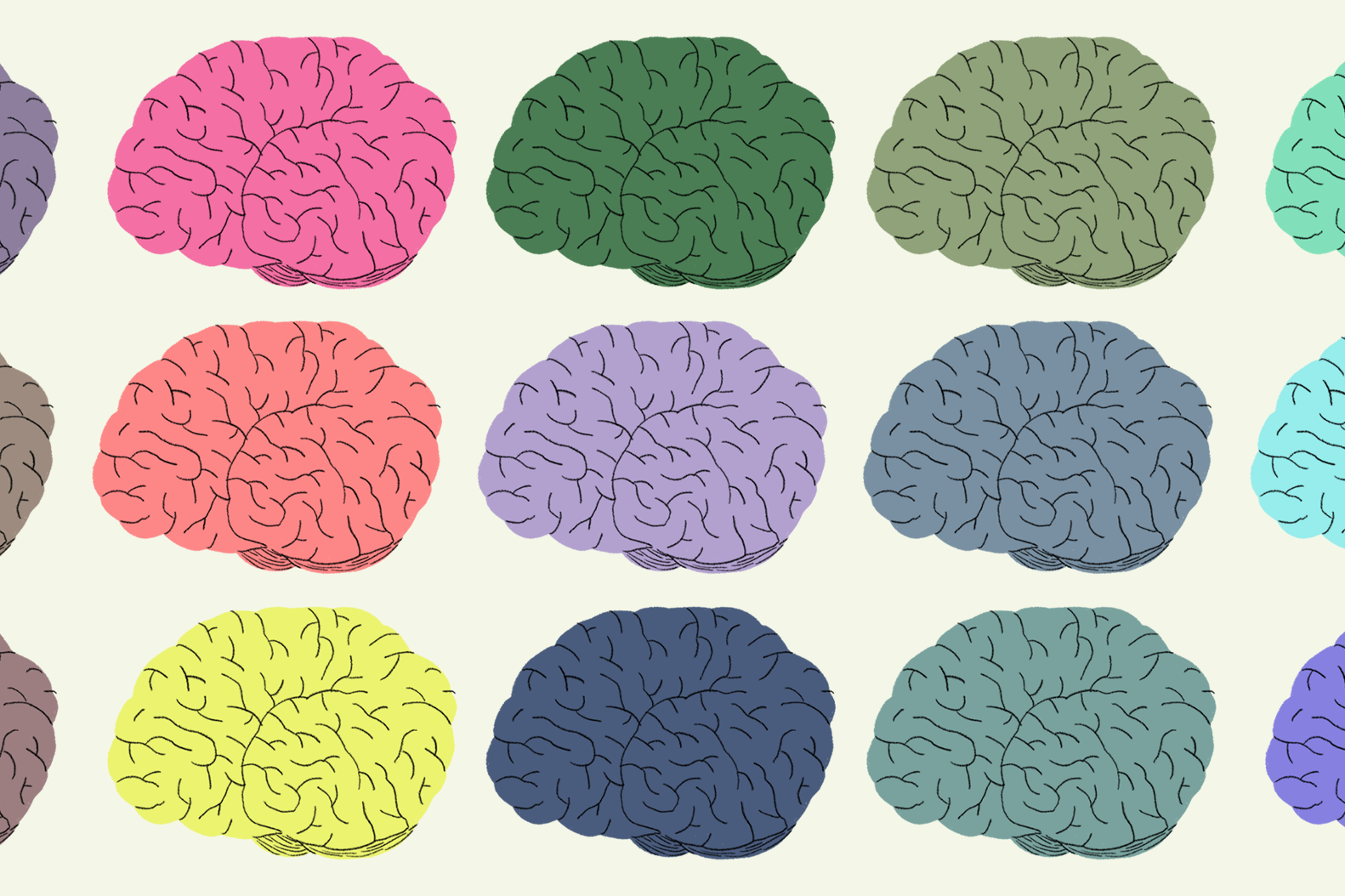Whenever I ask a friend, “How are you doing?”, I’ll most likely get the reply: “Busy lor. Tired.”
We Singaporeans are a busy and tired lot, and a recent study by a UK bedding manufacturer ranking Singapore as the most fatigued country in the world seems to confirm this.
The study derived various countries’ “fatigue score” by looking at four variables:

Singapore was in the top three in every category!
Being fatigued all the time has serious consequences. I’ve had many people tell me over the years that they feel burnt out from doing ministry in church as a result of having to juggle church, school, work and family commitments.
Our relationships suffer when we’re unable to be fully present with one another due to tiredness. Not getting enough sleep affects our bodies in all sorts of negative ways.
We aren’t just tired physically. We are tired emotionally.
In local pastor Dev Menon’s book The Plate Spinner, he writes that we Singaporeans have a special word for this feeling of emotional tiredness: sian.
It is “the feeling that despite all you may be accomplishing, there is a growing sense of frustration or lack of joy.” Amen to that.
There is a book in the Bible dedicated to this feeling of sian: The book of Ecclesiastes.
““Utterly meaningless!
Everything is meaningless.”
What do people gain from all their labors
At which they toil under the sun?” (Ecclesiastes 1:2-3)
Yup, this guy was sian indeed.
He would have been the model Singaporean: he studied hard, worked hard and got rich. Yet, he felt that all that was meaningless in the end.
Why so? Because he learned two important truths: the novelty of achieving things quickly fades, and we all end up dead anyways (quite morbid, I know).
Thankfully, the author of Ecclesiastes does give us a three-pronged solution to the problem of sianness.
THE SOLUTION TO SIANNESS
1. Do good
“I know that there is nothing better for people than to be happy and to do good while they live.” (Ecclesiastes 3:12)
Eric Liddell, who won Olympic gold running a race that he was not specialised in because his favoured 100 metre race was held on a Sunday, said: “I believe that God made me for a purpose. But He also made me fast, and when I run, I feel His pleasure.”
I’m sure he was pretty tired (physically) after running his races. But it doesn’t sound like he was sian at all because he believed he was doing what God called him to do.
Eric Liddell went on to become a missionary in China, where he died in a Japanese civilian internment camp in 1945.

“We are God’s handiwork, created in Christ Jesus to do good works, which God prepared in advance for us to do” (Ephesians 2:10).
Do you find purpose and see the good in what you do everyday? Or are you doing most things in your life just because you have to (yes, even the stuff in church)?
If so, it might be a good time to take stock of your life and ask God (and trusted friends and family): What gifts has God given to you? What opportunities are there around you to bless others with your talents and time, and do some real good?
Then, with that knowledge in hand — go out and make a divine difference.
2. Eat and drink
Ecclesiastes reminds us five times (2:24, 3:13, 5:18, 8:15, 9:7) that eating and drinking (and work) are gifts from God!
As a longtime Christian, saying grace before my meals has become somewhat of a routine. Something I need to “get over with” before I eat.
But taking the time to slow down, being grateful for our meals and the time we get to have them, is a simple way to appreciate God’s providence over our lives at least three times a day.
So, the next time you sit down for a meal, why not put away your smartphones and savour every mouthful as a gift from God?
If you’re with friends, that brings the added benefit of being present for the conversation, too!
3. Find satisfaction in your work
Again, the author of Ecclesiastes encourages us to find satisfaction in work five times.
One of the main messages of Ecclesiastes is that we don’t really have as much control over our lives as we think we do.
But what we can do is hedge our pleasure not on the outcomes of our work, but on the work itself.
This is echoed by many career and leadership coaches today: we can’t control outcomes, but we can control our own attitudes.
For example, getting a promotion or a grade is actually out of your control. You can do things that build towards your desired outcomes, but anything can happen.
Maybe your boss just doesn’t like the way you part your hair. Maybe your mind blanks on the day of your exam.
Tough luck.

But what we can do is hedge our pleasure not on the outcomes of our work, but on the work itself.
This, I think, is one of the hardest things in life to do. It requires us to be deliberate in finding joy wherever we are. It requires us to say “Yes! I’m loving this assignment that my teacher or boss has given me! I can’t wait to learn and try out new things today!”
Sounds quite absurd and impossible, right? Well, that’s because it is.
Ecclesiastes 5:19 tells us that it is God who ultimately gives us the ability to enjoy what we have in the here and now: “Moreover, when God gives someone wealth and possessions, and the ability to enjoy them, to accept their lot and be happy in their toil- this is a gift of God”.
It is a supernatural gift that we must mindfully receive from Him daily. God has given us the antidote to sianness and fatigue.
It’s just up to us to receive it, and stop striving for things in the future that may or may not come to pass.
And God promises that as we do so, we will be occupied with gladness of heart (Ecclesiastes 5:20).
Merlion image sourced from Wikimedia Commons.
- Take second to think about your life. Which parts of it are you most sian about?
- Why do you think that’s the case?
- Do good. Eat and drink. Find satisfaction in your work. How might living these values out in those areas impact your life?
- Take some time to commit every area of your life to God.










